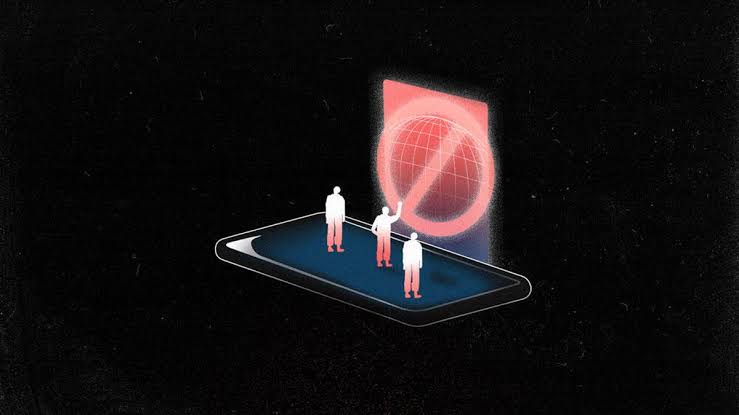The Iraqi government pulled the plug on the nation’s internet. With no notice, out it went like a light. From that point forward, the internet, messaging services, and social networks have flashed on and off like faulty bulbs.
This is a long way from the first internet shutdown Iraq has endured. Be that as it may, as indicated by Hayder Hamzoz, CEO and organizer of the Iraqi Network for Social Media, not since 2003 and the regime of Saddam Hussein has internet censorship been so serious.
In this time of reliance on internet connectivity, the possibility of all of the sudden flicking connectivity off like a switch sounds dystopian. In any case, for some individuals around the globe, it’s undeniably turning into a reality. They probably won’t understand it’s going on until too late.
First, the signal vanishes from your phone, so individuals restart it, take the SIM card out and set it back in once more. No delight, so they attempt the Wi-Fi, yet that doesn’t work either. Perhaps it’s a power outage, they think, yet their different appliances are working so that can’t be correct. People read a news story in the paper about a political protest that is occurring, and it all of a sudden becomes clear that it’s not simply them. The government stressed the protest, has decided to turn off the internet.
This is actually what happened to Berhan Taye the first time when she experienced an internet closedown while seeing family in Addis Ababa, Ethiopia, in 2016. From that point forward, she says, it has become “definitely something that I’ve experienced one too many times.”
Taye leads the not-for-profit Access Now’s Keep It On campaign, supporting against internet shutdowns around the globe. Around 200 accomplice associations work with the campaign to forestall intentional shutdowns of the internet by governments around the world, a form of restraint that the United Nations unequivocally censured in 2016 as an infringement of human rights.
Authoritarian governments have since quite a while ago looked for control over their subject populaces, and internet shutdowns can be viewed as a digital expansion of conventional censorship and repression, notes Taye.
This is particularly the situation in Iraq, were hostile to debasement fights anti-corruption protests that started the shutdown are likewise being combatted with curfews and brutality from security forces. Over WhatsApp, Hamzoz portrayed the viciousness he had seen in Iraq during power outages – tear gas, hot-water cannons, live bullets, and snipers.
“It sounds terrifying,” I said. “Very terrifying,” he agreed.
Disclaimer: The views, suggestions, and opinions expressed here are the sole responsibility of the experts. No Newsline Hub journalist was involved in the writing and production of this article.
